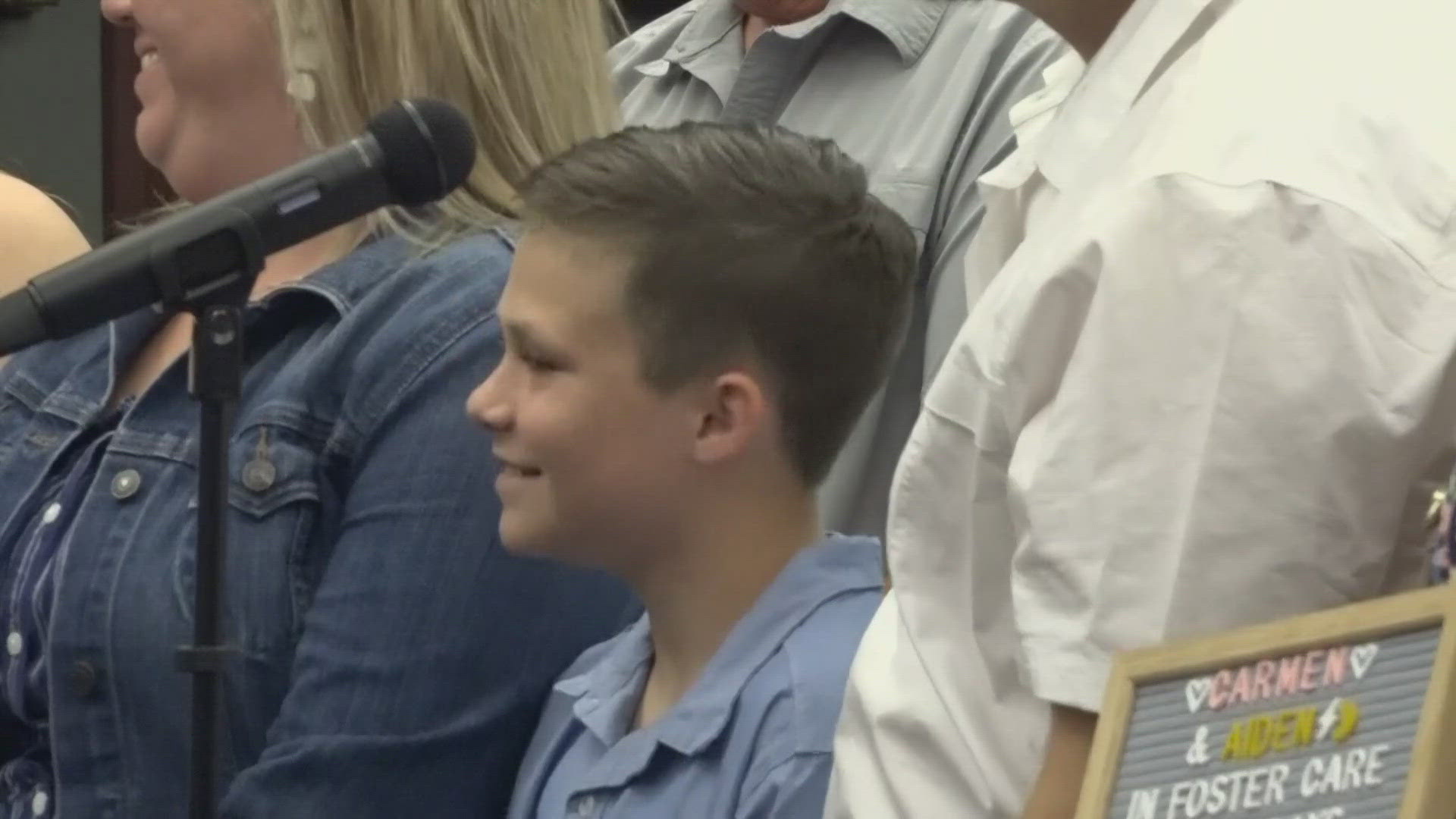JACKSONVILLE, Fla. — Governor Ron DeSantis signed off on new adoption regulations for the state in May, making the process safer for children in the system.
To help kids find more stable households, the state is adding a financial incentive for law enforcement officers, tax collectors and veterans, along with government employees, health care workers and military personnel.
First Coast News sat down with Dr. Rick Morton, the senior vice president of Engagement for Lifeline Children's Services. After adopting three kids of his own, Morton says the law allows parents to have the financial footing to properly provide for their child after the adoption papers are signed.
“What I really love about this bill is that it's not just providing for financial incentive in the moment to get to a child, but it's really also about providing resources to help a family, once they've adopted a child to be able to parent well, and to provide the things that that their child may need,” Morton told First Coast News.
Morton also adds that typical extra costs for adopted children may be additional therapy and doctor appointments to treat their traumas.
When the law takes effect, adoptive parents will receive $25,000 for adopting difficult-to-place children or $10,000 for adopting children judged as less difficult-to-place. This is in addition to the $5,000 adoptive families receive annually, and it's all to put these children in more stable households.
"We don't want to see a child moved out of permanency back to impermanency, but sometimes that's, that's what's in their best interest," Morton said. "And, and so, you know, I think part of what this bill does is it creates a structure and a legal pathway for that to happen."
Methods to ensure children are going into safe homes were also added in the conditions of the law such as requiring fingerprints and background checks for not only residents of the home, but any visitor who spends at least a week every month in that household.
“The protections that have been placed in this bill, are really just common sense things that help us to ensure that the people that are coming around these kids, and the people that are looking at them are, are people that are going to have their best interests at heart,” said Morton.
The new law is also cutting the time needed for interim placements in half to help vulnerable children who are in the wrong hands, avoid being trafficked or victimized.
“We don't want to make a child more vulnerable through an adoption” Morton said. "This bill calls for that sort of follow up, I think. Also, it really creates a pathway for a child to be removed from a home if there is abuse or neglect happening post-adoption."
The new law will go into effect July 1.

